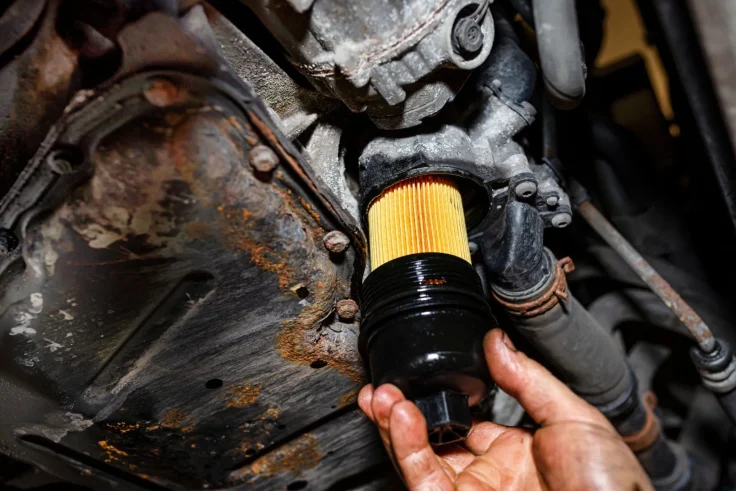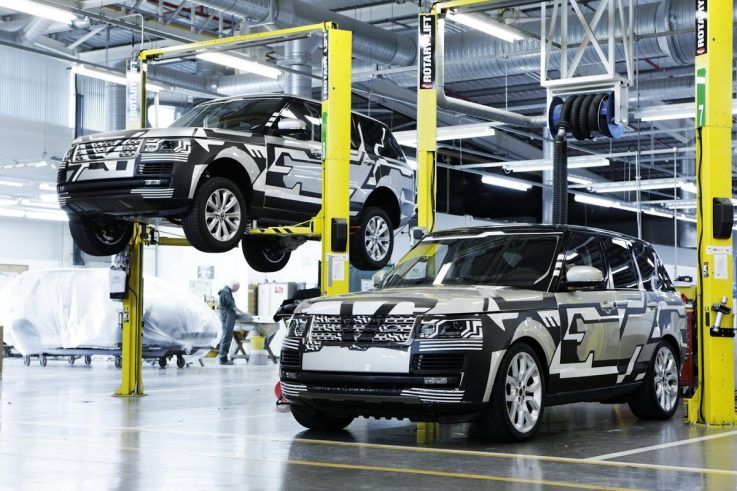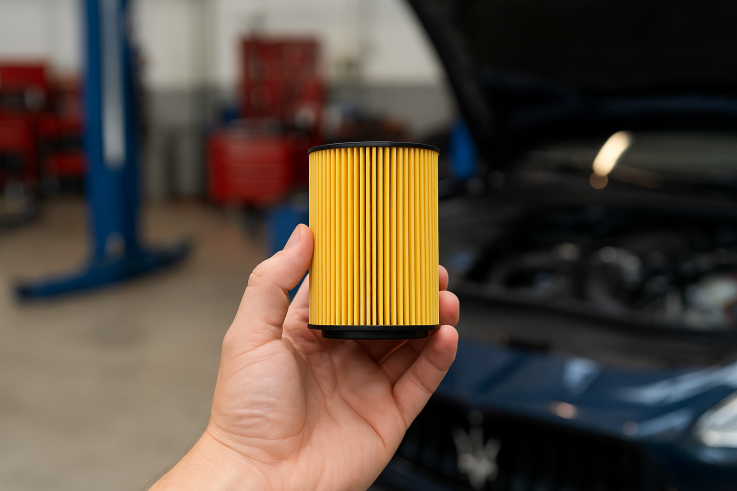That thing you usually ignore until your mechanic holds up a dirty one? Most folks think an oil change is just about the oil. I’m here to tell you, you’re only doing half the job. That humble engine oil filter is the unsung hero inside your engine bay, working 24/7 to trap all the nasty stuff that wants to kill your engine. Skip changing it, and you’re basically pouring fresh, clean oil into a bucket of grit. Not a smart move. So, let’s break down everything you need to know about this crucial part, from why it matters to how to pick the best oil filter without getting ripped off.
What the Heck Does an Oil Filter Actually Do?
Think about your engine for a second. It’s a metal orchestra of pistons, cranks, and camshafts all moving at insane speeds. This creates heat, friction, and—here’s the key part—tiny bits of metal shavings. On top of that, combustion creates soot and gunk. Your oil sloshes through all of this, picking up every single abrasive particle along the way.
Now, if that dirty oil just kept circulating, it would act like sandpaper, grinding down your engine from the inside out. This is where your car oil filter comes in. It’s your engine’s personal bouncer. The oil gets pumped through it, and a special filter media inside (think of a super-dense paper towel) traps all the contaminants. The clean oil then flows back out to protect your engine. It’s a continuous cleaning cycle. When you put off an oil filter change, that bouncer gets overwhelmed, and the bad stuff starts getting past him.
Your Car is Telling You When to Change the Filter
- That scary oil light on your dash: I can’t stress this enough. If that little oil can light comes on, it’s a serious cry for help. It often means oil isn’t flowing, and a clogged filter is a prime suspect.
- Your engine starts sounding like a coffee can full of rocks: New ticking or knocking noises are a dead giveaway that metal parts are touching that shouldn’t be, often due to dirty oil.
- The oil on your dipstick looks like tar: Go check it right now. Pull the dipstick, wipe it, and look. If the oil is black and thick, your filter is waving a white flag.
- Your gas mileage suddenly stinks: A struggling, dirty engine has to work harder, which burns more fuel. It’s that simple.
- You can’t remember the last time you did it: If you’re scratching your head, it’s time. Don’t overthink it.
The Real-World Payoff of a New Filter
Slapping on a new filter isn’t just a box to check. It actually makes your car a better, happier vehicle to drive. Here’s what you gain:
- Your engine will last way, way longer: This is the big one. Less internal grinding means your car might see 200,000 miles instead of 120,000.
- It just runs better: You’ll feel a smoother ride and maybe even a bit more pep when you hit the gas.
- You’ll save money on gas: A clean engine is an efficient engine. It doesn’t have to fight against sludge and grime.
- You avoid the heat death: Oil cools your engine. Clean oil does a fantastic job; dirty, sludgy oil does not.
How to Pick a Filter Without Losing Your Mind
The auto parts store aisle is a wall of options. It’s confusing. Here’s my mechanic’s advice on how to pick the best oil filter for your ride.
First, check your owner’s manual. It knows your car best. For most people doing school runs and commutes, a good-quality standard filter is perfectly fine. But if you’ve got a tuned car, you tow a boat, or you just want the absolute best for your engine, then you step up to a high-performance engine oil filter. These are the special forces of the filter world—better materials, better construction, better everything.
What Makes a High-Performance Filter So Special?
- The filter material is just better: Instead of basic paper, a high-performance engine oil filter uses synthetic media that traps particles so tiny you’d need a microscope to see them. This keeps your oil remarkably clean for longer.
- The anti-drainback valve doesn’t quit: This is a big advantage because it keeps oil in the filter when you shut the car off. Cheap filters often use rubber valves that harden and fail, while a high-performance engine oil filter uses soft silicone that seals perfectly, giving you instant oil pressure at startup and preventing dry starts or early wear.
- It’s built like a tank: With a stronger metal can and tougher end caps, it’s designed to withstand pressure without bursting.
- It also has a bigger gunk tank: Thanks to more pleats, a high-performance engine oil filter can hold much more dirt before clogging, making it ideal for synthetic oil and longer change intervals.
FAQS
Is a high-performance oil filter really worth the extra few bucks?
Yes, it’s worth it because it offers extra protection and prevents costly engine repairs later. A high-performance engine oil filter acts like cheap insurance for your car.
Can I just change the oil and leave the old filter on?
No, because the old car oil filter is already clogged with dirt and will contaminate fresh oil instantly. Always replace the car oil filter to keep your engine safe.
Seriously, can a bad filter wreck my engine?
Yes, a clogged or failed filter can block oil flow and cause severe engine damage. Ignoring it may even lead to complete engine failure.
What’s the deal with the engine oil filter replacement cost?
The cost is mostly the price of the filter plus labor, usually done during an oil change. It’s a small expense for reliable engine protection.
Stop Guessing and Start Protecting Your Investment
At the end of the day, your car is a big investment. Treating it right with simple maintenance like a timely oil filter change is what separates a reliable car from a problem sitting in my shop. At Apex Auto Garage, we treat your car like it’s our own. We use parts we believe in and give you the straight story—no upsells, no nonsense.
Don’t wait for a warning light to tell you there’s a problem—be proactive. Call +971 55 747 4273 to schedule your next service with Apex Auto Garage and keep your car running right.


